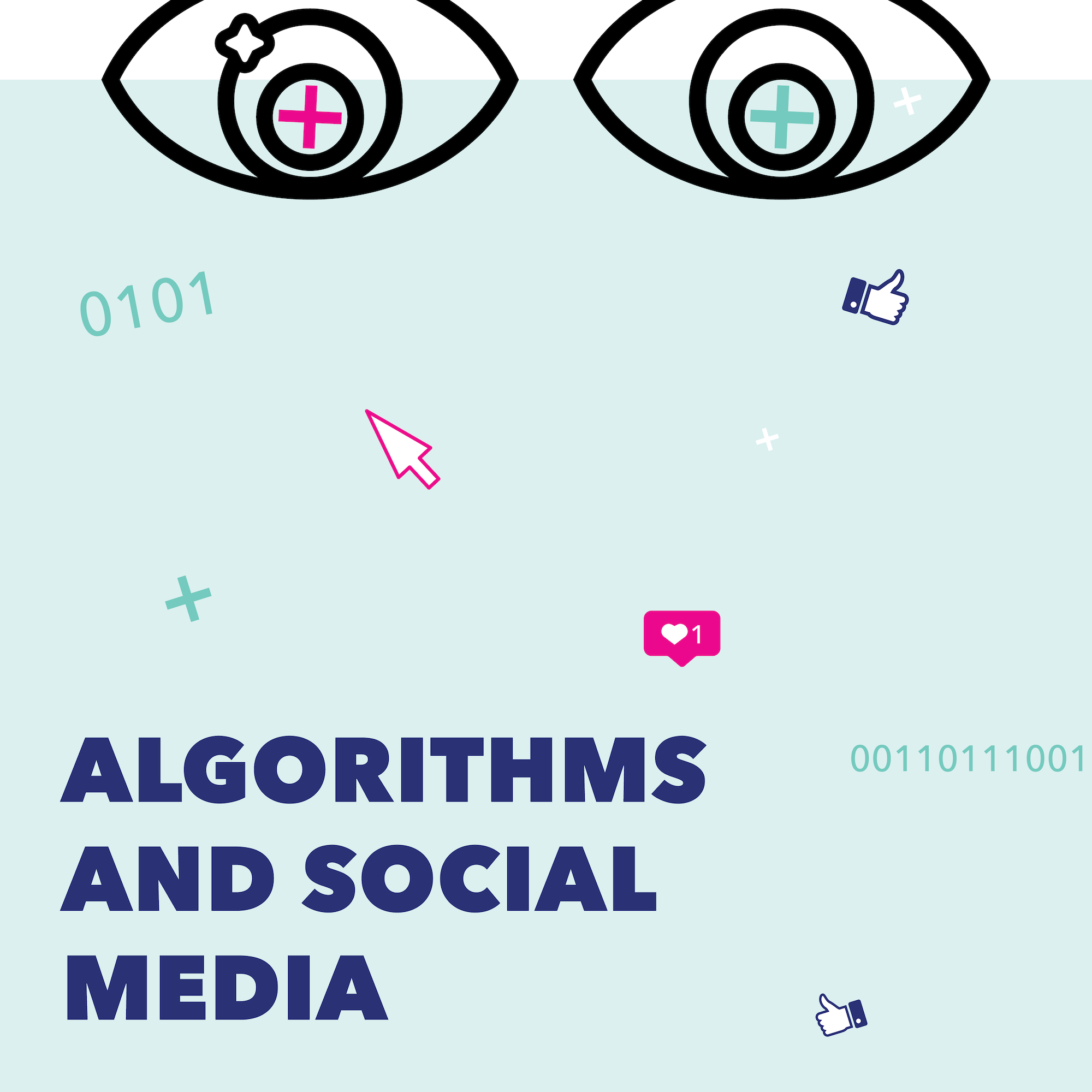It’s Business UNUSUAL Moving Forward
This month, I want to focus on the three sectors that could benefit from this mandated global reboot; Education, Healthcare and Travel. It’s time for them to jump on the tech bandwagon and disrupt their dated practices.
A certain number of companies are looking at maintaining #WFH until the end of this year (are we there yet?), but everyone is definitely preparing for a return to normalcy which is mostly about less-contact and more tech. If this is the new normal, then moving forward, it is business UNUSUAL.
From the get-go, knowledge is power so let’s talk education first.
I have spent a good part of the last three decades promoting a digitally-enabled future and urging organizations to innovate, cut the wire and mobilize their offerings. Despite the technology and resources being readily available for many years, certain industries still clung to their traditional pen, paper, bricks and mortar practices. This is literally the case for the Education industry, where – as Marc Andreessen observed in his essay “It’s Time to Build” – if someone from the 14th century walked into a classroom today, they wouldn’t feel out of place. In fact, Andreessen remarked that the last major innovation in schooling was the introduction of the Montessori system in the early 1900s.
We realize the magnitude of the gap as we witness the whole education sector being thrust into an incoherent tech-tangle, where both parents and teachers stand clueless, while students actually lead the way. The UAE stands as a great exception, as the nation was already at the forefront of adopting EdTech through the Mohammed Bin Rashid Smart Learning Program.
Alternative Learning
It seems to me, however, that we are at the cusp of massive change!
We first saw younger kids learning on the fly in a completely unstructured YouTube environment, we now see a slightly older demographic joining in on the fun. They’re expanding their know-how on Instagram, where IGTV and Live Stories emerged into a child-proof platform for tutorials and interviews, beyond their original purpose as an influencer marketing channel.
On the prosumer side, and despite attracting such jargon as “Zoom Fatigue” and “Zoombies”, Zoom was ready to take over the world hosting myriads of panels and webinars on a daily basis, and showing the way for much larger corporations to adapt and evolve with the needs of more demanding customers. Ultimately the brand morphed into a verb, deserving its official dictionary entry “Let’s Zoom!”
Don’t Dismiss Gaming
Speaking of screen time, gaming is usually misunderstood as an addictive blackhole, however, its positive impact on one’s social skills is overlooked because of its perception as just a means to an end; wasting time.
The physical and cognitive benefits of e-sports are countless. They improve focus, reduce the risk of actual injury, enhance one’s critical thinking skills and boost confidence as players ‘level up’. When part of a gaming community, a kid’s social skills are also enhanced as one common focus between players encourages a healthy competitive spirit and a sense of belonging while also developing leadership skills amongst the least obvious players.
Repeat after me - Tech is here to help me grow, not slow me down.
Microsoft’s acquisition of Mojang, the maker of Minecraft, a few years ago was an important move, part of Microsoft’s educational strategy. It is only a matter of time before we see learning use cases taking over Fortnite, which has already transitioned from the pure gaming space into the wider realm of entertainment, with events and concerts happening regularly, and attended by millions of people around the world.
Immersive Learning
Meanwhile, the telecom industry has once again embarked onto a generational shift to 5G, investing in research and development as well as massive infrastructure projects, with no clear use cases defined – a tested-and-proven ‘build it and they will come’ model.
Technological advancements and economies of scale in consumer electronics components, mean that 5G could ultimately enable less obtrusive and more consumer-friendly Augmented Reality (AR) and Virtual Reality (VR) products.
In his recently published essay “The VR Winter”, Benedict Evans announces that VR might have – once again – missed its moment and that the recent lockdowns and ongoing restrictions could arguably drive the behavioral change needed for VR to move from its gaming niche into widespread adoption.
Could educational VR be the killer app that the 5G industry is currently searching for, as it promises ultrafast broadband, low-latency and massively scaleable devices?
If this is the new normal, then moving forward, it is business UNUSUAL.
Healthcare sector, coming for you next. Stay tuned!
Wirelessly yours,
Ziad
This article was written on a laptop while references were researched on an accompanying tablet. The soundtrack was piped through Bluetooth headphones connected to a smartphone running a streaming music app. All devices were wirelessly connected to the home network.










